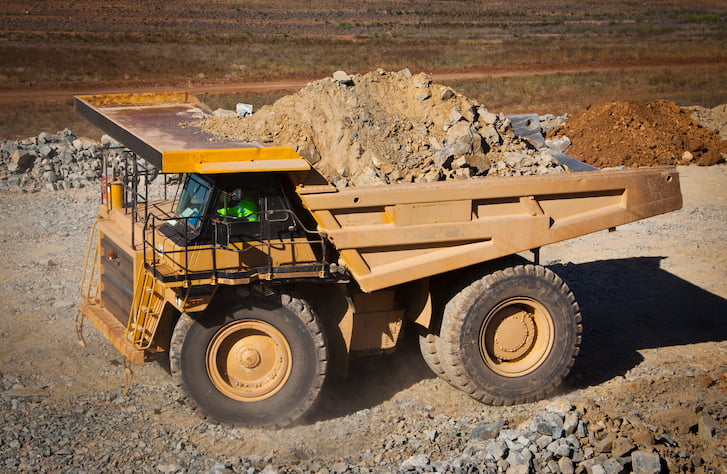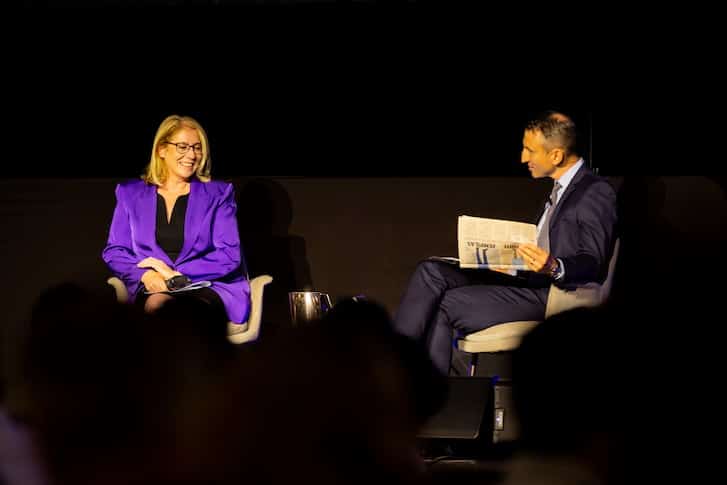The development of Western Australia’s critical minerals processing industry has accelerated after a new law passed Federal Parliament this week, and two projects to develop the sector recently received government backing.

The Bill aims to facilitate economic and industrial opportunities from the global net-zero transformation, strengthen Australia’s economic resilience and ensure the benefit of investment flows through to local workers, industries and communities.
The production tax credits will help build industries of the future here in Australia, while creating good, well-paid local jobs.
Prior to the Bill passing, the State and Federal Governments announced support for two projects that are focused on developing WA’s critical minerals processing industry.
Common user processing facility
Both tiers of government have committed to a $3 million investment to conduct a feasibility study for a common user Critical Minerals Advanced Processing (CMAP) facility in the Perth region.
The study will be led by the Minerals Resources Institute of WA (MRIWA).
The 2024-25 State Budget included $200m allocated for a common user critical minerals processing facility.
The CMAP facility will house pilot plant equipment for small and medium-sized businesses to use for downstream processing of critical minerals and strategic materials at demonstration scale.
“Common user facilities are an important piece of the puzzle when it comes to scaling up our capacity to process our mineral resources here onshore – while securing more of the value chain,” says Federal Resources Minister Madeleine King.
“By equipping local businesses with the tools to process what they dig up, we’ll not only be helping them collaborate and grow – but also enhancing our economic resilience and further strengthening Australia’s sovereign capability.”
Alternative uses of lithium processing co-products
The State Government and industry will undertake a research project evaluating the potential use of delithiated beta spodumene (DBS), a co-product of processing lithium ore, as a road-building material.
The project is a collaboration between the Department of Jobs, Tourism, Science and Innovation, the Department of Water and Environmental Regulation, MRIWA, Main Roads WA, ChemCentre and leading lithium processors.
The research will provide further insight into the material’s performance as an alternative to virgin sand, as well as boosting confidence that the material is environmentally safe for use in future infrastructure projects.
This work builds on an existing demonstration of the material in the Wilman Wadandi Highway which was similarly overseen by ChemCentre and MRIWA.
“With demand for critical minerals expected to grow as the global clean energy transition gathers pace, developing innovative, circular economy approaches linked to our mineral resources and their downstream processing provides great opportunities for the State,” says WA Mines and Petroleum Minister David Michael.
“In a global setting where governments are looking at ways to improve sustainability and reduce greenhouse gas emissions and society is demanding clean products, industry is having to work harder than ever to be at the forefront of sustainable manufacturing and the circular economy.”
To be part of WA’s peak business organisation, get in touch via 1300 422 492 or [email protected].












